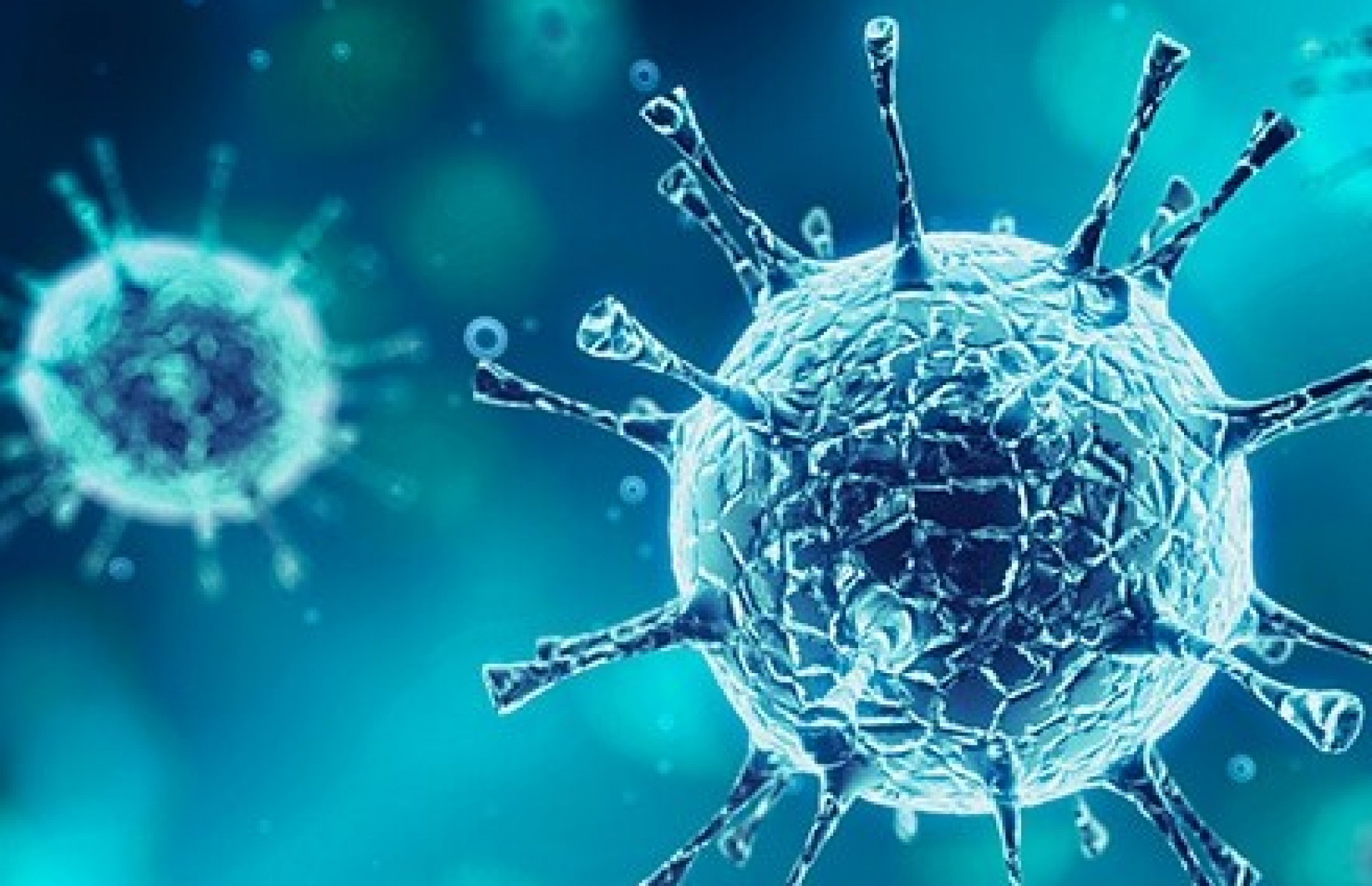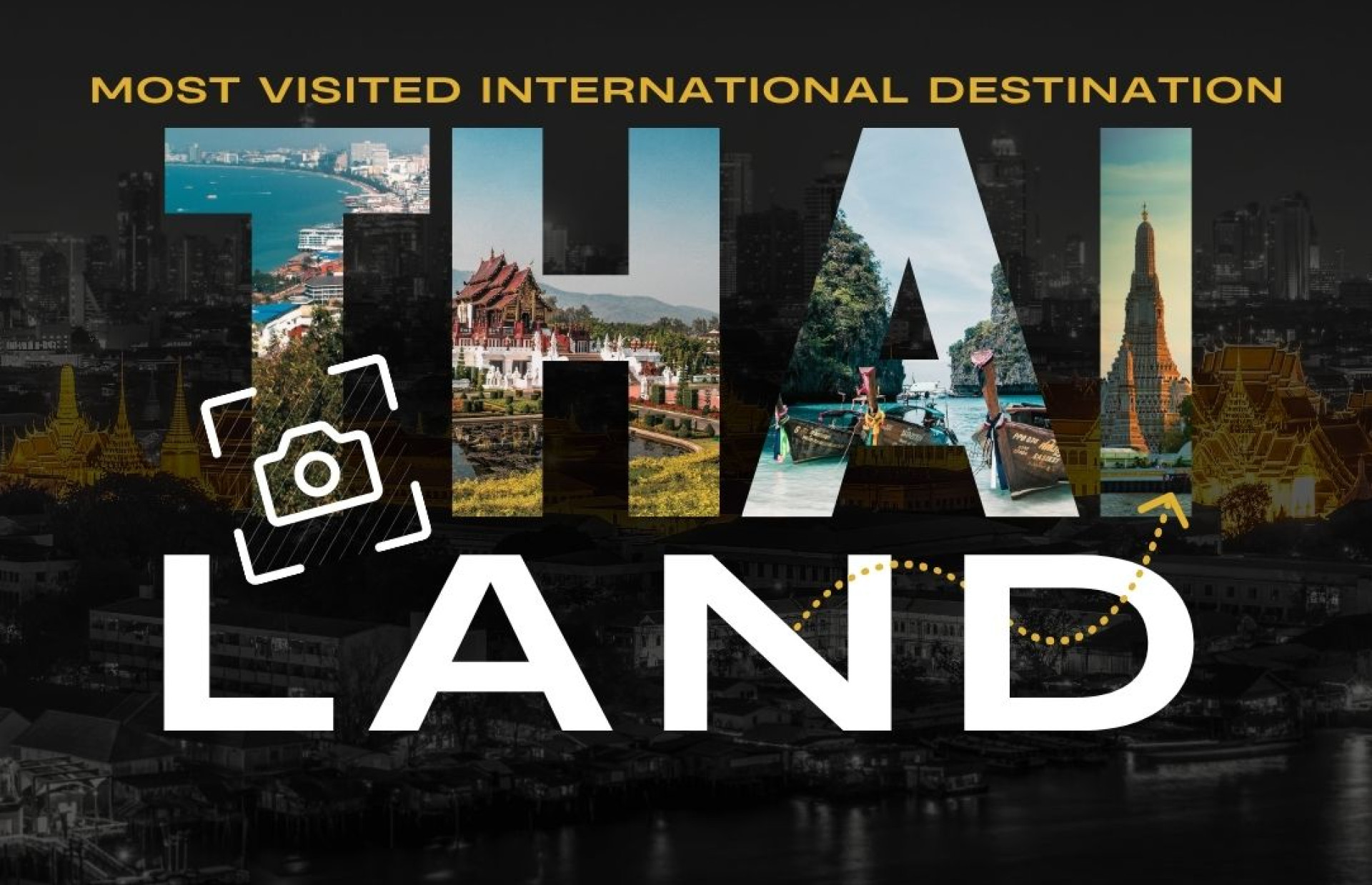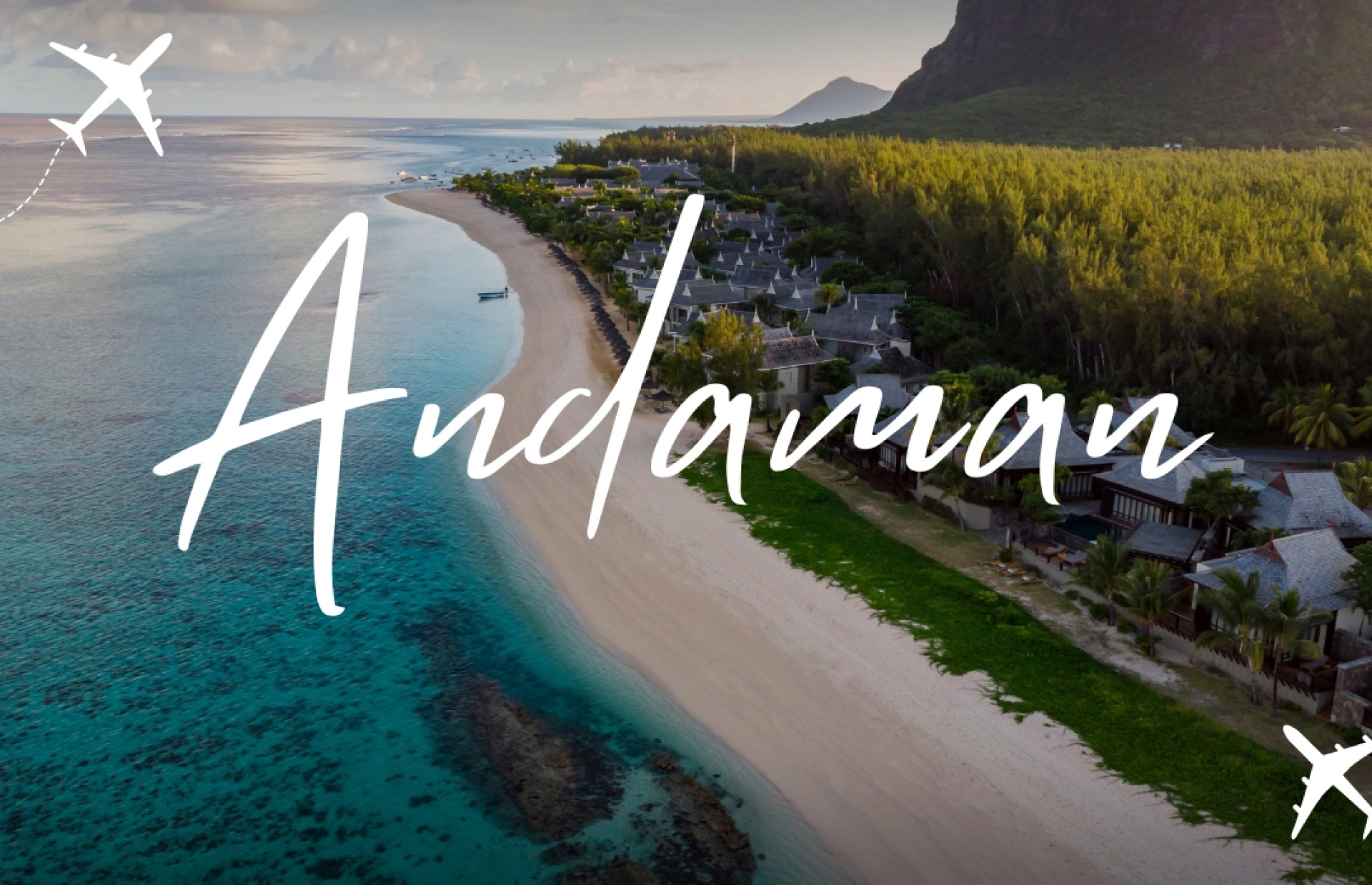Tourism Industry during COVID-19
Tourism Industry during COVID-19
The travel & tourism business especially is on its knees worldwide. Country borders are sealed. Cities are at stand-still. Flights are grounded. Cruise ships are docked in harbors. Trains are stationary. Buses are not plying. Hotels are shut. Restaurants are shuttered. No one knows when the fury of the virus will abate; no vaccine is in sight; people are cloistered in their homes. Social distancing is the new mantra. Masks and gloves are the new safety accoutrements. And no one is even thinking of a holiday, let alone planning for one.
Travel Restrictions:
Latest data shows 100% of all destinations have restrictions in place & 72% have completely closed their borders to international tourism.
Out of all 217 destinations worldwide, 156 (72%) have placed a complete stop on international tourism according to the data collected by UNWTO as of 27 April 2020. In 25% of destinations, restrictions have been in place for at least three months, while in 40% of destinations, restrictions were introduced at least two months ago. Most importantly, the research also found that no destination has so far lifted or eased travel restrictions.
Depending on when and where travel restrictions are lifted, international tourist numbers could fall between 60 and 80% this year. The global tourism decline has already taken a toll on national economies, people’s livelihoods, and on our efforts to achieve the Sustainable Development Goals.
Without a strong and vital tourism sector, many millions of jobs and small businesses are at risk. With tourism among the hardest-hit of all sectors, UNWTO has identified three possible scenarios for the months ahead. Depending on when restrictions on travel are lifted, international tourist arrivals could decline by 60-80% in 2020. This could translate into a decline in export revenues from tourism of between US$910 billion to US$1.2 trillion and place 100-120 million jobs directly at risk. The social ripple effect is also feared to be at least equally challenging for many societies the world over.
Tourism has shown its commitment to putting people first. Our sector can also lead the way in driving recovery. This research on global travel restrictions will help support the timely and responsible implementation of exit strategies, allowing destinations to ease or lift travel restrictions when it is safe to do so. This way, the social and economic benefits that tourism offers can return, providing a path to sustainable recovery for both individuals and whole countries.
STAY HOME TODAY, #TRAVELTOMORROW Campaign launched by UNWTO on 6th April
“Historically, tourism has proven itself as a key driver of international recovery, and as early as now, we must begin to prepare in order to build the foundations of the future resilience of tourism,”
#TravelTomorrow has become the common thread that runs through the World Tourism Organization’s response to the current crisis, highlighting the enduring values of tourism.
"By staying home today, we can travel tomorrow”. The hashtag #TravelTomorrow encapsulates this message of solidarity and hope, through which the World Tourism Organization (UNWTO) calls for shared responsibility among travelers and the tourism sector around the world to deal with the COVID-19 coronavirus pandemic.
Discovering different cultures, practicing solidarity and respect, caring for the environment, continuing to learn, and fostering decent work, development and sustainability, generating new opportunities for all. These are the core values of tourism advocated by the World Tourism Organization and which constitute the main pillars of the #TravelTomorrow campaign.
This online campaign has had a massive impact on social networks and is being embraced by a growing number of countries, destinations and companies linked to tourism, cities, media outlets and individuals from all over the world. Countries such as Germany, Morocco, Mongolia, Oman and Uruguay, as well as cities such as Bogotá or Vienna, have already endorsed the hashtag #TravelTomorrow, thus amplifying the voice of tourism, which is united in the face of this unprecedented global challenge.
Trust is the new currency of our ‘new normal’. And tourism is ideally positioned to be the vehicle to channel trust. If people trust in governments and in the tourism sector to keep them safe from harm, they will indeed travel tomorrow. As the ultimate person-to-person sector, and one that promotes solidarity and friendship, tourism will play a key role in spreading trust more widely, with benefits traveling far beyond tourism itself. Only this way can we drive our economies back towards growth and start rebuilding our societies.
Solidarity with Tourism Workers and Communities:
The survey found that many companies are providing 24-hour psychological help for their employees, while also maintaining medical insurance and facilitating platforms with motivational videos, medical updates and training. Many are also offering free lodging and food for stranded international staff and their families. Research shows strength of tourism sector’s support for workers and communities. Employers from across global tourism are taking the lead in supporting their workers and helping the communities in which they operate.
Tourism ‘going beyond its responsibilities. Although hit terribly hard by the crisis like their colleagues across the tourism sector, have shown that they indeed care for the societies they operate in while striving to keep their businesses afloat.
Monetary donations have been given to city councils, underprivileged families and rural communities, and food and supplies have been sent to frontline workers and vulnerable groups. Some businesses chambers are working with public, real estate, financial and legal entities to provide SMEs with funding and identify guarantors for those unable to receive a loan. Associations have engaged in local pandemic committees to flag up the most pressing issues and better articulate their support.
Hotels have donated thousands of gift nights to medical staff for their holidays and remained open for them and COVID19 patients whenever necessary. Guides offered virtual tours for voluntary contributions donated to hospitals, and transportation companies offered their channels to bring critical emergency equipment to save lives. Volunteer platforms also have been set up to create youth loans. Virtual solidarity groups gathered hundreds of travel agents with multiple jobs to exchange goods and support their livelihoods.
Recovery of Tourism Sector - Requirement of Financial and Political Support:
It is imperative that we get the world moving again – once it is safe to do so.
Financial and political support is the need of the time for recovery measures aimed at the tourism sector, in coordination with international development organizations, in order to mitigate the impact of COVID-19 on employment, protect the most vulnerable segments of society and accelerate recovery.
Governments should not abolish the resources already allocated to tourism in their budgets for 2020. Tourism administrations also need to communicate to the general public what the sector is doing for the society in these troublesome times.
The World Tourism Organization (UNWTO) has released a Tourism Recovery Technical Assistance Package to offer guidance to Member States in response to COVID-19. The package is structured around three main pillars: economic recovery, marketing and promotion and institutional strengthening and resilience building.
Governments must support the tourism sector now with real actions while we prepare for it to come back and be stronger and more sustainable. Recovery plans and programs for tourism will translate into jobs and economic growth, not just within tourism itself but across the whole of societies. This package of support will help governments and businesses.
Certain economic, promotional and institutional measures should be implied. Institutional strengthening and resilience building, is particularly aimed at enhancing public-private partnership and promoting collaborative efforts for tourism recovery, and, enhancing skills in crisis management and recovery.
.jpg)
Re-launch of Tourism Sector:
- To re-launch tourism in a timely, responsible and coordinated manner by the end of May 2020.
- The lifting of travel restrictions, first within nations and then across international borders, will allow the many social and economic benefits tourism brings to return around the world.
- The coordinated rolling out of new health and safety protocols for every part of the tourism value chain – including travel, accommodation, food and leisure – will make it safer to travel.
Tourism Speaking as One:
UNWTO formed the Global Tourism Crisis Committee to join every part of the tourism sector as well as leading international institutions together to create a united response in order to mitigate the impact of COVID-19 and prepare tourism for recovery. From within the UN system, the Committee includes representatives from WHO (World Health Organization), ICAO (the International Civil Aviation Organization) and the IMO (International Maritime Organization). Joining them are the Chairs of the UNWTO Executive Council and its Regional Commissions and also saw an increase in the number of countries actively involved in the Committee. Present this time were representatives from Kenya, Zambia, Senegal, Jamaica, Brazil, Chile, Malaysia, Maldives, China, Greece, Croatia, Spain, the United Arab Emirates and Saudi Arabia.
The UNWTO Affiliate Members Department was again present to represent its Members from across the private sector, civil society and academia. Alongside them, the private sector was represented by members including IATA (the International Air Transport Association), ACI (the Airports Council International), CLIA (Cruises Lines International Association), WTTC (the World Travel & Tourism Council). Also taking part were representatives from the IFC (International Finance Corporation) and IFEMA, whose Director Ana Larrañaga is also Chair of the Board of UNWTO Affiliate Members. The meeting of all the member institutions benefitted from inputs from the ILO (International Labour Organization) and the OECD, emphasizing the enhanced importance placed on tourism as international organizations respond to COVID-19.
The social and economic benefits that tourism offers can return, providing a path to sustainable Tourism.
In the face of an unprecedented challenge, the World Tourism Organization (UNWTO), with the support of the World Health Organization (WHO), calls on innovators and entrepreneurs to put forward new solutions to help the tourism sector recover from COVID-19.
With millions of jobs at risk as the pandemic hits tourism harder than any other sector, the United Nations specialized tourism agency has included innovation in its wider response to the pandemic. That response has seen UNWTO work closely alongside WHO to mitigate the impact and place tourism at the Centre of future recovery efforts and liaise closely with governments and the private sector to boost collaboration and international solidarity.
Ideas that are ready to implement:
Tourism is the sector that has been hit the hardest by COVID-19. Our response needs to be strong and united.
The “Healing Solutions” challenge is launched in collaboration with WHO, further advancing the united response of the wider United Nations system to COVID-19. This global call for entrepreneurs and innovators asks them to submit ideas that can help the tourism sector mitigate the impact of the pandemic and kick start recovery efforts. In particular, the challenge is aimed at finding ideas that can make a difference right away: for destinations, for businesses and for public health efforts.
Participants should be able to demonstrate how their ideas can help tourism in its response to COVID-19. Ideas must also have been piloted and be ready to scale-up, with a business plan in place and the potential to be implemented in several countries.
“Tourism is the sector that has been hit the hardest by COVID-19. Our response needs to be strong and united. We also need to embrace innovation. In particular, we want to hear ideas that will help communities recover from this crisis, economically and socially, as well as ideas that can contribute to the public health response.”
CULTURAL TOURISM & COVID19:
With COVID-19 bringing global tourism to a standstill, millions of people in quarantine have been seeking out cultural and travel experiences from their homes. Culture has proven indispensable during this period, and the demand for virtual access to museums, heritage sites, theatres and performances has reached unprecedented levels.
With more than 80% of UNESCO World Heritage properties having closed down, the livelihoods of millions of cultural professionals have been seriously jeopardized. If tourism is set to contribute to the survival of the culture sector, i.e. cinemas, arts and many other segments, it should strengthen the cultural identity and branding of tourism destinations.
Despite all the challenges, the tourism and culture sectors are facing an opportunity to create new partnerships and collaboration. They are bound to jointly reinvent and diversify the offer, attract new audiences, develop new skills and support the world’s transition to the new conditions.
- Improve information and data exchange between sectors: The information flow between sectors is key to understanding the pandemic’s impacts and devising effective responses. Specific data on the socio-economic impacts of COVID-19 on culture and tourism, as well as on the solutions being put in place for cultural tourism survival, will allow for more focused mitigation plans to respond to different needs and replicate good practices.
- Launch innovative alliances: IMMEDIATE RESPONSE The confinement has proven the importance of new technology and media in our daily lives. With millions of people confined to their homes, this is an opportune moment to develop and promote cultural experiences to a captive audience. The challenge is providing these experiences in a way that supports direct benefits to the involved organizations and practitioners. During this digital transition, tourism and culture can forge alliances with tech companies and the private sector to improve access to capacity building programs on culture and sustainable tourism, available online.
- Inspire a more sustainable future for cultural tourism: The tourism and culture sectors must continue to work together to inspire a more sustainable future for cultural tourism. Marketing strategies in tourism are highlighting local cultural expressions not only to address new audiences, but also to inspire responsible travel. Destinations and cultural sites are grappling with how to survive this period of hibernation, while planning for reopening of tourism.
- Form a more resilient tourism and culture workforce: The professional profiles of culture and tourism workers will require new skills for immediate actions and to take part in the recovery. Both sectors need to develop creative and inventive employment solutions to provide resilience to the workforce after decades of precarity. The existing jobs in cultural tourism should be kept and up skilled as human talent and knowledge are already there.
- Strengthen governance structures for better coordination and information sharing: This crisis is an outstanding opportunity to build cross-sectoral governance models between tourism and culture key players. These models should involve tech partners to build platforms and exchange forums to coordinate actions and share information. The platforms should imply an effective communication, decision-making and agreements on setting the limits of tourism development involving cultural assets.
- Attract new audiences: The culture sector is shaping up committed global citizens and the tourists of the future, by reaching out to children & youth. The emotional bonds emerging now between citizens and cultural creators will make a difference in the years to come. The confinement can also make repeat visitors and “senior” cultural tourists support culture with patronage and solidarity actions. The post COVID-19 recovery of cultural tourism should leave no one behind!
Outlook in the travel industry all points to recovery with lower volumes. Leisure will be hit most, business mandatory travel will resurge. This will be in phases – Phase I from May to September, Phase II September to December post vaccine and virus control.
International short-haul to ‘safe’ destinations will emerge first, honeymoons by Phase II and by summer 2021 industry envisages resuming of International travel.
Industry players are now busy to maintain brand awareness when they cannot do business. For example -design incentives and packages.
Whenever there has been any major impact on the economy of any country, tourism has always been the first one to get affected as people start to cut down on their travel budgets first. However, tourism relatively had a direct role to play when it comes to COVID-19 which has widely spread most in the countries with a high number of tourists.
This pandemic is the biggest challenge that any country has ever faced as international travel could be adversely impacted by up to 25 per cent this year which is equivalent to a loss of three months of travel. Still During this time when on-ground activities are not possible, tourism industry is planning ahead so that whenever there is a slight window open for tourists; Industry will be absolutely prepared to take a lead on the opportunity and ensure the best result.
Since travel has become an important part of everyone’s life and is no longer considered as a luxury but a necessity to break away from a mundane routine and rejuvenate, we are positive that travel will revive soon. However, destination marketing services will see a drastic shift. The usually not so conventional destinations, who have seen a controlled exposure to the pandemic might see an upward trend in terms of tourists or as an alternate destination for some of the conventional ones for the time being. Luxury travel will take its time to again play an important role in an individual’s life and domestic market and self-driven accommodations at boutique hotels and home-stays will be the focus till next summers as social distancing and staying at smaller properties reduce the risk of the virus. South East Asia and Middle East will play a key role in India Outbound tourism as they have close proximity and fewer Covid-19 cases.
Regarding MICE Travel, there will be a reduction in the travel budget and companies will keep on promoting Work from Home and conference calls/ meetings to reduce the risk and expenses.
The WTTC (World Travel and Tourism Council) predicts potential jobs impact of COVID-19 to the global Travel & Tourism Sector. Impact to be felt on both white and blue-collar jobs and up to 50 million jobs are at risk globally, representing a reduction in jobs of 12 to 14per cent, the government should accept the proposal from TAAI and should also consider a complete GST Tax-free Holiday for the Tourism, Travel & Hospitality Industry for the next twelve months till the time the recovery happens.
While Tourism Industry is trying to resist the crisis situation, the show must go on. Industry is confident that together we can overcome this situation as well. The recovery might be slow, but we are sure, once we manage to control this virus, the tourism industry will be the first one to see major growth. After a very long time of no international travel, people would be looking forward to explore once again.
Source UNWTO..










